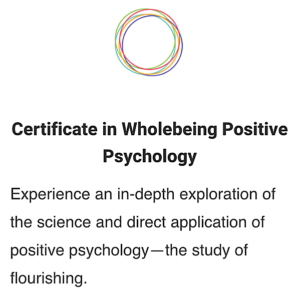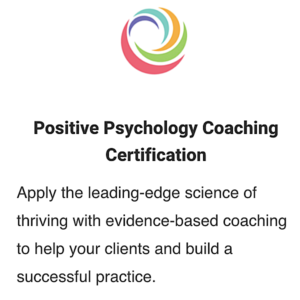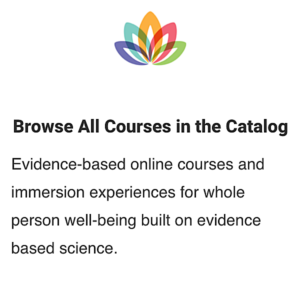When someone does something nice for us, we want to do something nice back—and not just because we think we should. It’s a natural flow of positivity and gratitude.
In this brief interview segment, Megan McDonough, CEO of Wholebeing Institute, and Dr. Sara Algoe, Director of the Emotions and Social Interactions in Relationships Lab at the University of North Carolina, Chapel Hill, look at how gratitude is an “other-focused emotion”—it’s about the way we react to and interact with the people in our lives.
You can watch more interviews with leading positive psychology experts here or learn more about creating wholebeing happiness here.
Transcript
MM: Is gratitude considered an other-focused emotion—taking us out of ourselves?
SA: Yeah, I would say gratitude is quintessentially an other-focused emotion. That’s one of the things that’s so great about it, and also it’s one of the reasons why it’s so uniquely well suited for promoting relationships between two people. We have to notice the thing the other person did in the first place and then it spontaneously makes us want to do nice things for the person who was our benefactor. It might not be doing something nice—it’s certainly not only like, “Oh, I have to repay the person”—it’s not a sense of indebtedness. Not in the moment, if time passes and you haven’t made sure to show the person how much you’ve appreciated them then you might start to feel indebted of course—it’s kind of natural with our norms around interpersonal relationships—but in that moment it’s this very approach focused [on] “Oh my gosh, you’re such a great person, I want to make sure you know how wonderful you are.” Grateful people in my studies have said exactly that: “I wanted to make sure she knew she was the best.” They want to go above and beyond, and they might find any variety of ways to demonstrate that they think that the person is a wonderful person as it relates to the specific situation and whatever the needs of their benefactor might be.




